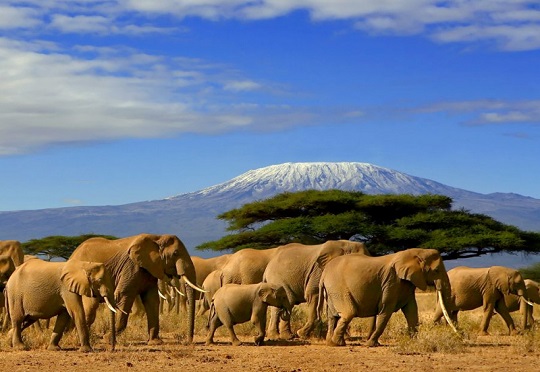Water scarcity is a significant challenge in fragile environments in North Africa, where arid and semi-arid conditions prevail. North Africa is an area ravaged by years of war and displacement. The population’s inadequate capacity to adapt to the effects of climate change exacerbates their susceptibility. Due to water shortages, drought, and harsh weather, millions of people in the region may be forced to relocate even further as a result of the disastrous effects of climate change.
The conflict has frequently resulted in the partial or total destruction of agricultural and water infrastructure, making the countries in the area more susceptible to climate change. Previous UN climate change conferences and accords have largely disregarded attempts to address the effects of climate change on displacement and to scale up climate finance to fragile and conflict-affected nations.
Several efforts have been made to manage water scarcity in the region, involving a combination of technological, policy, and community-based approaches. The Norwegian Refugee Council (NRC) has been studying the effects of water shortage and climate change on the region’s displaced and rural populations for the past few years.
To address the growing crisis that will affect affected contexts, an ambitious plan for financing climate change and adaptation must prioritize support for displaced and conflict-affected populations, especially as world leaders gather in the United Arab Emirates for the annual UN climate change conference.
Countries like Algeria, Tunisia, and Libya have invested in desalination plants to convert seawater into freshwater. Desalination technologies, such as reverse osmosis and multi-stage flash distillation, are used to provide a reliable source of drinking water. Building dams, reservoirs, and other water storage infrastructure helps capture and store rainwater during the rare occasions of rainfall. This stored water can then be used during periods of scarcity.
Promoting water-efficient irrigation methods like drip irrigation helps minimize water wastage in agriculture. Efficient water use is crucial, especially given the significant portion of water consumed by agriculture in the region. Recycling and treating wastewater for agricultural and industrial purposes can help alleviate water scarcity. Implementing proper wastewater treatment facilities ensures that water resources are used sustainably.
Developing and implementing comprehensive water management policies at the national and regional levels is essential. This includes effective regulation, allocation, and monitoring of water resources to ensure sustainable use. Engaging local communities in water conservation efforts through awareness campaigns and educational programs is crucial. Encouraging responsible water use at the grassroots level contributes to overall water conservation.
Given the impact of climate change on water availability, there is a need for proactive measures to adapt to changing conditions. This may involve the development of climate-resilient infrastructure and water management strategies. Investing in research and development of innovative water-saving technologies and practices can enhance water efficiency and sustainability.
Developing and implementing early warning systems for droughts helps in timely responses, such as water rationing and emergency relief efforts. These efforts require a multi-faceted approach, involving the collaboration of governments, local communities, NGOs, and the international community to address the complex challenge of water scarcity in North Africa.


